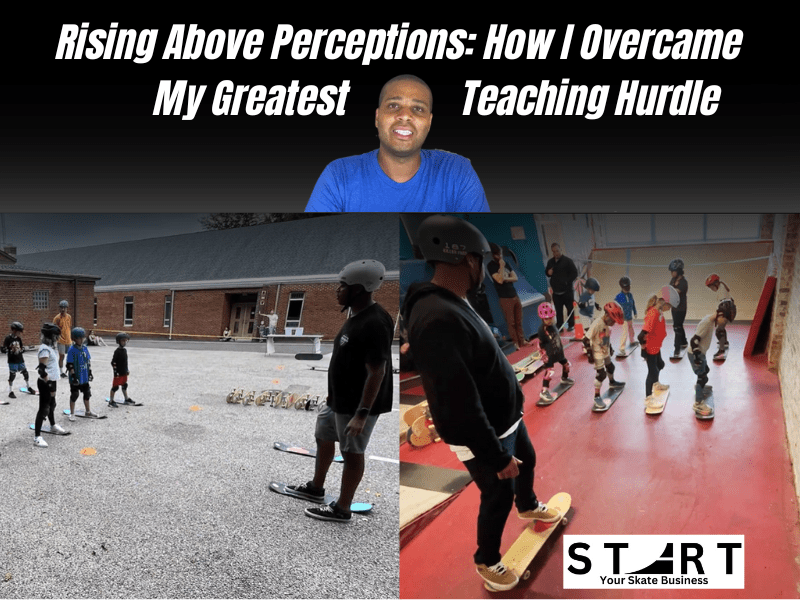
My journey into the world of coaching skateboarding was an unexpected twist. A decade ago, I never would have imagined running skateboard programs across different states, establishing training facilities, or even considering myself a coach. If you had told me that I’d make a living from teaching skateboarding, I would have scoffed at the idea.
Growing up as an avid skateboarder, the notion of profiting from something that had given me purpose and everything I needed felt foreign. I believed I owed skateboarding, not the other way around—especially not in terms of money.
Skateboarding was my conduit to friendships, my inaugural venture into business with a hardgoods company, and most importantly, it helped shape my identity. I believed that these privileges came from the hard work I’d invested—physically, emotionally, and mentally. Skateboarding was sacred, and I believed it had to be earned, not bought.
My reluctance to offer skateboard lessons wasn’t only about my personal beliefs but also my introverted nature. How could I step out of my comfort zone to teach others?
Fast forward to the year 2012, when I started an indoor key-holder spot (skatepark), called Skate The Cellar. Over time, my friends brought their children along, transforming the place into a cross-generational gathering spot. Kids infused the park with vibrant energy. Despite declining several requests, I was eventually pushed into giving a skate lesson. The dynamics shifted when we expanded to a second location with plans to establish a proper indoor skatepark in 2016. Skateboard lessons had to be part of the equation—lessons I had initially resisted.
Yet, my internal struggle persisted; I felt uneasy about profiting from lessons. I sought advice from family, friends, previous college professors, and mentors. I expressed my fears of “selling out” to skateboarding. A college professor’s insight hit home: “To survive, you sometimes need to sell out. Facebook sold out.” Another mentor’s words resonated: “Good guys finish last.” It’s important to clarify that he didn’t imply that I was “bad” for holding back, but rather he highlighted that my company’s survival hinged on relinquishing the belief that my goodwill alone could sustain the company.
With this wisdom in mind, I dove into skateboard instructing, making myself the face of the coaching program. To my surprise, the support poured in. Even from places I’d anticipated criticism, there was endorsement. It felt like I was doing what many secretly wanted to do, but fear held them back. I decided to disregard those fears, and that’s when everything began to fall into place. Skate shops offered support through products, my client base grew exponentially, and I eventually needed to hire more staff.
Present day, I’ve come to realize that the skateboarding industry rewards coaches like me. Sponsors, discounted gear, and gifts have come my way, nurturing not just my business but also the industry as a whole.
But the most rewarding aspect is the positive influence I wield in the lives of the children I teach. Skateboarding is a tool that instills courage, builds confidence, and fosters connections. The sport taught me to confront my fears head-on, and starting my own business and teaching became the biggest fear I overcame.
Looking back, I wish I’d embarked on this journey earlier, but much like mastering a new trick, sometimes it takes years to figure it out. Having a coach expedites the learning curve, just as it does in skateboarding and in business—providing that express lane to advancement.
